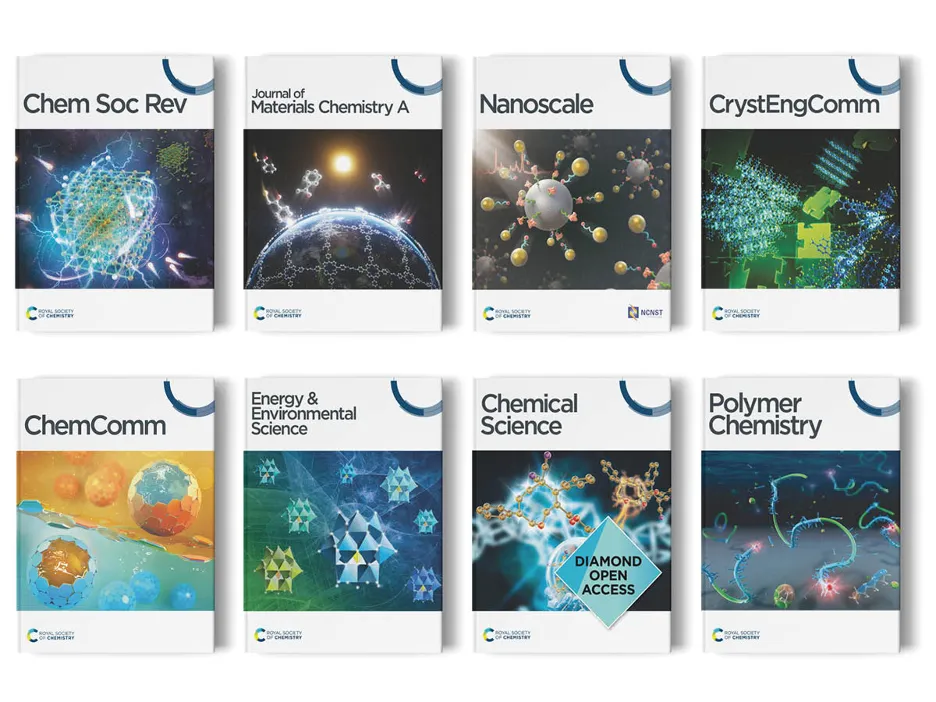Special issue in honor of Shelly Sakiyama-Elbert’s 50th birthday: celebrating 25 years of shaping biomaterials in neuroengineering

Submissions now open
| Deadline: | 24 October 2025 |
|---|---|
| Guest Editors: |
Elizabeth Cosgriff-Hernandez
, University of Texas at Austin Nisha Iyer, Tufts University Sarah Stabenfeldt, Arizona State University |
|
We are delighted to open submissions to this special collection honoring the contributions of Shelly Sakiyama-Elbert on the occasion of her 50th Birthday. We will celebrate 25 years of her impact shaping biomaterials in neuroengineering. We welcome articles on all aspects of biomaterials; in particular, those that touch closely on Dr. Sakiyama-Elbert’s scientific interests in spinal cord and peripheral nerve injury. Advances in biomaterials and neural engineering could greatly enhance repair and regeneration efforts. Approaches like biomaterial scaffolds for axonal guidance, supporting stem cell transplants and drug/growth factor delivery to reduce inflammation are promising. Furthermore, bioelectronic devices integrated with regenerating tissue could monitor repair and promote recovery through electrical or optical stimulation. By combining biomaterials, cell therapy, drug delivery, and bioelectronics, future therapies for neural repair and regeneration hold great potential. This special collection aims to highlight cutting-edge research in biomaterials, neural engineering, and regenerative medicine to address these challenges. Topics that may be covered in the collection may include, but are not limited to:
Submissions to the journal should fit within the scope of Journal of Materials Chemistry B – Please see the journal’s website for more information on the journal’s scope, standards, article types and author guidelines. All manuscripts will undergo the normal initial assessment and peer review processes, if appropriate, in line with the journal’s high standards, managed by the journal editors. Accepted manuscripts will be added to the online collection as soon as they are published and will feature in a regular issue of the relevant journal. Please note that peer review or acceptance is not guaranteed. For this collection, we strongly encourage primary research in the form of Full Papers or Communications. If you want to submit a review-type article, please check with the Editorial Office first for pre-approval and to avoid topic overlap. If you would like to contribute to this themed collection, please submit your article directly through the journal submissions platform. Please mention that your submission is a contribution to the Biomaterials in Neuroengineering collection in the “Themed issues” section of the submission form and is in response to the Open Call. The Editorial Office reserves the right to check the suitability of submissions in relation to the scope of both the journal and the collection, and as such, inclusion of accepted articles in the final themed collection is not guaranteed. If you have any questions about the collection or the submissions process, please contact the editorial office and they will assist you. |
|
Journal of Materials Chemistry B
Impact factor
5.7 (2024)
First decision time (all)
13 days
First decision time (peer)
45 days
Editor-in-chief
Jessica Winter
Open access
Hybrid
Related pages

Publish with us
Get your work the international recognition that it deserves.

Our journals
We publish over 50 world-leading journals that span the core chemical sciences and related fields.

Sign up for journal email alerts
Get table of contents alerts and notifications about calls for papers, themed issues and more.